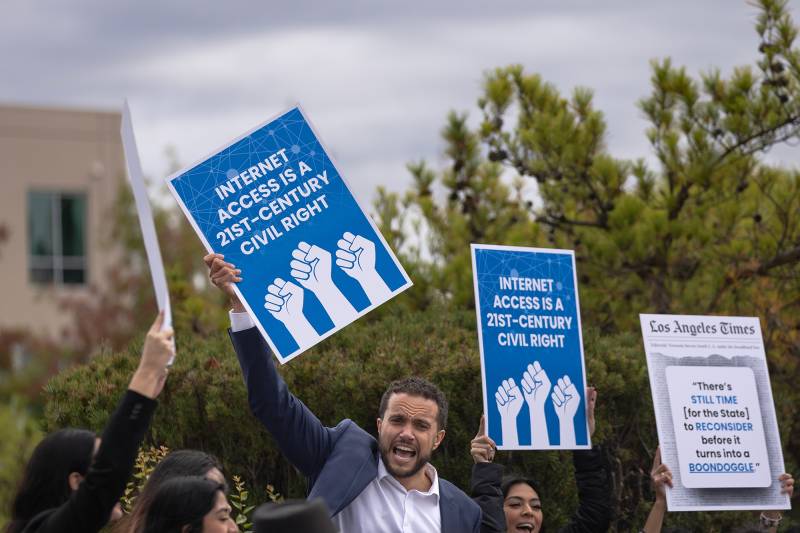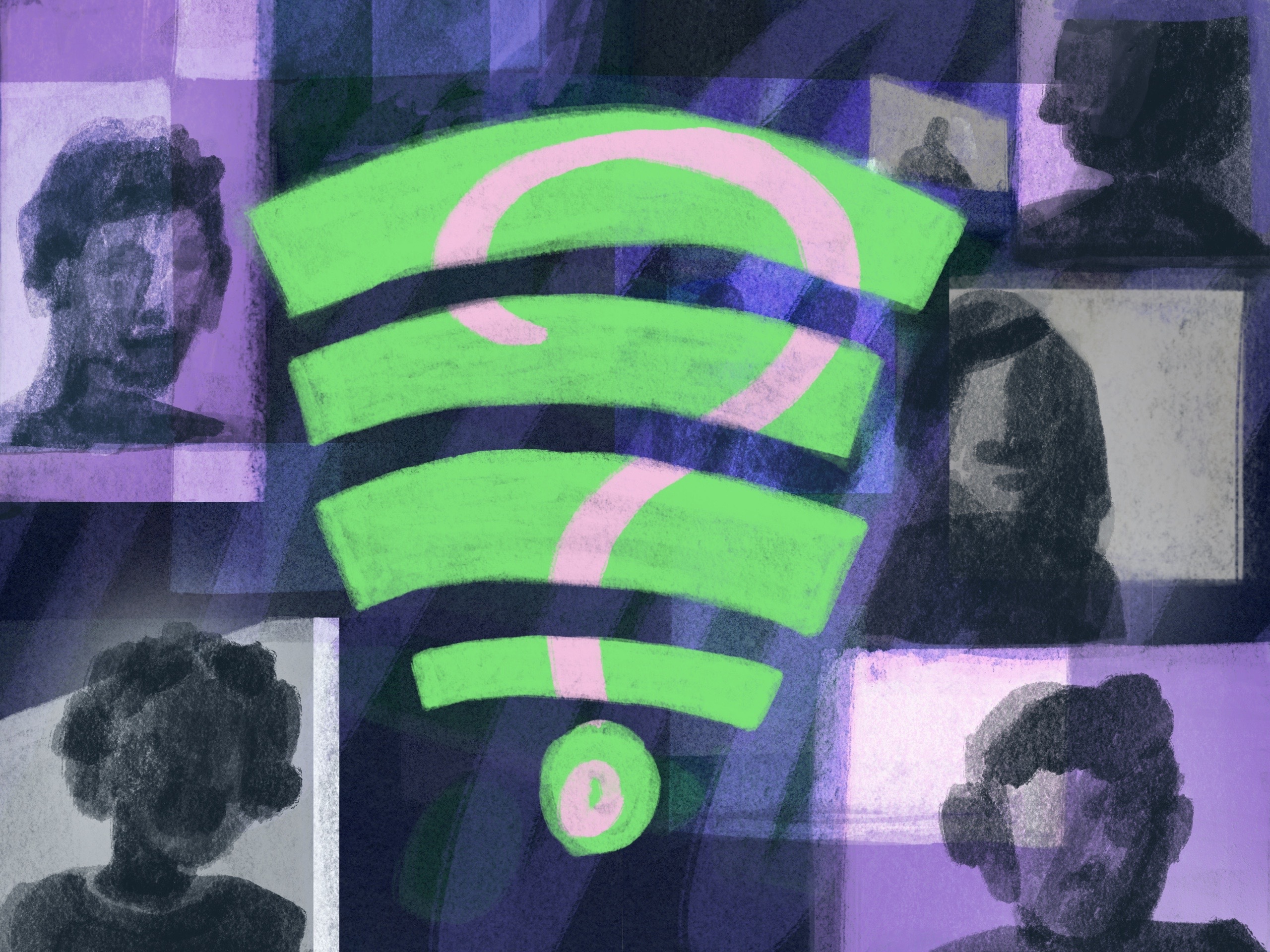For millions of Californians, the barrier to internet access is not infrastructure — the wires are there — but affordability.
Rep. Norma Torres, a Democrat from Ontario, joined in introducing a bill in Congress last month to extend the program with $7 billion — saying high-speed internet is essential for education, health care, and work.
“If funding runs out for this essential program, we risk letting millions of Americans — in both blue and red states — fall back into digital darkness,” Torres said in a statement.
Also at risk in California: the pilot program that allows service providers to bundle California LifeLine (a state program offering discounted landline and cell phone services), a federal LifeLine program and the Affordable Connectivity Program, making life easier and cheaper for consumers.
More concerning, said attorney Ashley Salas of the consumer advocacy group The Utility Reform Network, is that AT&T, the largest provider of LifeLine services in the state, wants to stop providing that service.
If the utilities commission approves AT&T’s pending proposal, the company would no longer be designated as a carrier of last resort designation nor obliged to provide services like LifeLine to low-income residents.
The first in a series of hearings throughout the state to gather public comment about AT&T and how ending that designation can affect people begins Tuesday in Clovis, California. Two remote online meetings for all California residents to share their opinions will be held on March 19 at 2 p.m. and 6 p.m.


